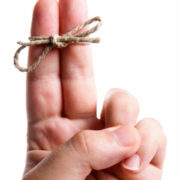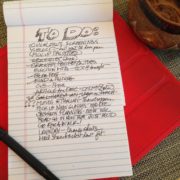Or is your anger somewhere on this continuum? I want to challenge the belief that anger is harmful.

Perhaps you have heard that depression is anger masked. This is true to the extent that unmet needs are occurring when you feel depressed. But if anger is happening because you do not like a situation or someone has done something that really makes you mad, is this necessarily a bad thing?
This is also about power, either “power over” or real power. In Brené Brown’s extensive research on shame, she quotes “power over” in the work place as looking like “I will define who you are and then I’ll make you believe that’s your own definition.” For example, the expectation that we artificially compartmentalize our work lives exists. This means that none of your family issues should impact your work (caring for older parents, sick children, our own illnesses, our vacations). Out loud, we are told “You are not your job”, but what is really being said is “You are exactly what you do, how well you do it, and what you earn.”
We live in a society where women, and particularly in the South,are given the message that expressing anger is not allowed. You are considered overly emotional or worse, a bitch, if you do. So a lot of withholding and tamping it down goes on. The belief exists that anger is destructive in relationships and should be avoided. When you do this, a few different scenarios can play out.
WHEN YOU AVOID ANGER
- You might feel sort of detached, and walk through life numb, almost as if in trance. You are not even aware that you are angry.
- Or you recognize, but don’t express, your anger. You just leave the scene of the crime, with the fear that if you do express your anger, the consequences could get ugly. Maybe this results in a “stuff and blow” pattern for you. Or maybe you get passive-aggressive in your expression of the anger.
- You might substitute anxiety for your anger. This would fit your belief system that expressing your anger is a no-no, but being anxious is acceptable. It can look like racing thoughts, constantly having to be busy, excessive “judginess”, or a lot of worry.
- Maybe you disown your anger, assigning it to someone else, in which case you constantly feel like a victim to bosses or parents or your partner. Stinks for you.
- And finally, you may repeatedly stuff your anger in a chronic victim pattern in order to hang on to your relationships. This looks like codependency, and results in you feeling that you deserve no better. You continually make excuses for your victimizer to justify their behaviors and your inability to challenge it.
If you recognize any of these scenarios, know that you can learn how to address the anger you feel without destroying relationships. You can learn how to express your needs, in the moment when they are occurring. You can learn that anger can be your friend when you stop to examine the needs that are being amplified when it is inflicted.
Resources: I Thought It Was Just Me (but it wasn’t), Brené Brown











Leave a Reply
Want to join the discussion?Feel free to contribute!